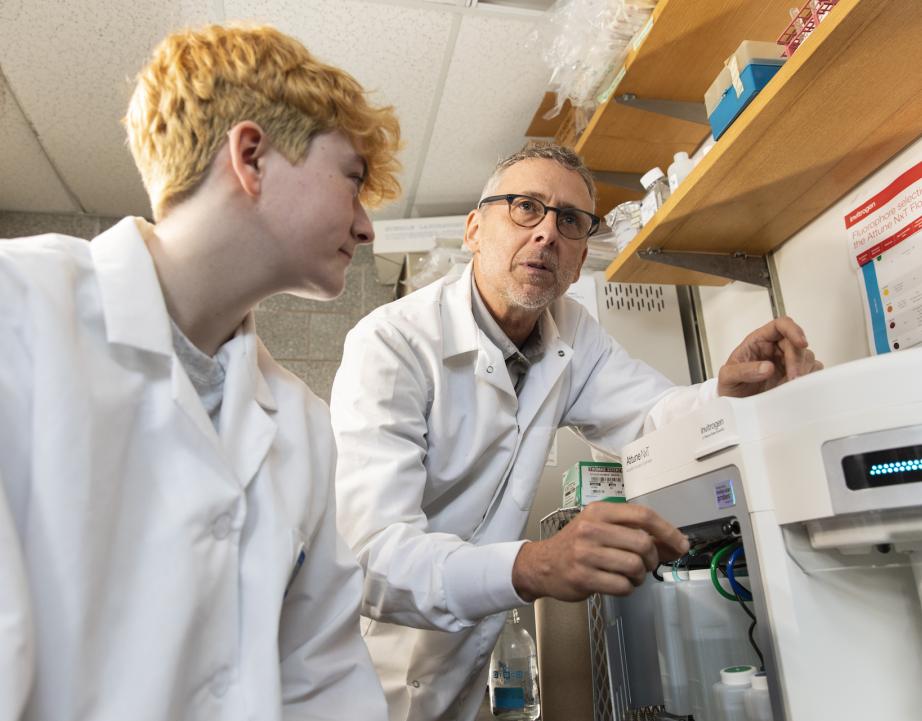Popular Searches

Academic Program Finder
Discover What Drives You
Use the Program Finder tool to browse Rider's 100+ majors, minors and programs in the arts, business, education, sciences and more. Or click the button to view an alphabetical list of programs.
Image

Image

Image
